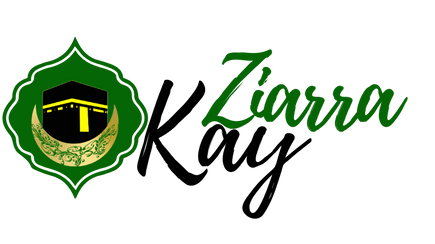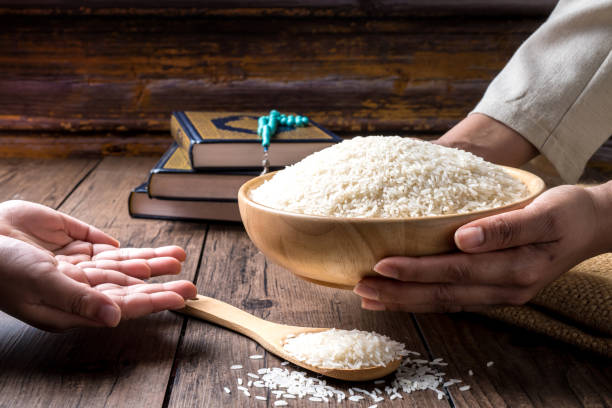Zakat al Fitr (or Zakat al-Fitr) is an obligatory form of charity that every Muslim must give before the Eid al-Fitr prayer, marking the end of the month of Ramadan. It is intended to purify the fasting person from mistakes or wrongdoings committed during the month of fasting and to help those in need, so they can also celebrate the Eid festival.
The hadith supporting these objectives is narrated by Abu Dawood: “The Prophet (peace be upon him) ordered the charity of breaking the fast to purify the soul from idle talk and indecent speech and to feed the poor.“
Who Must Pay Zakat al-Fitr?
The head of the family must pay Zakat al-Fitr for themselves as well as for anyone under their care, even for a baby. Finally, a person who cannot afford food on the day of Eid is not required to pay Zakat al-Fitr. There is no condition of wealth or nisab (minimum amount of wealth) like there is for Zakat al-Mal (obligatory charity).
How to Pay Zakat al-Fitr?
Zakat al-Fitr is generally calculated in terms of basic food, such as dates, barley, rice, or wheat. The exact amount may vary depending on the country or religious authorities, but it is often equivalent to the amount of food needed to feed one person for a day. Alternatively, it can be given in cash, according to the amount set by local authorities.
Some legal schools of thought believe that Zakat al-Fitr can be given in cash. This is the practice that is most common in the Muslim world today. The goal is to fulfill the purpose of this charity, as mentioned in the hadith: “Spare the poor from resorting to begging on the day of Eid.” The result is to simply provide the basic needs for the poor.
Additionally, the foods used in the time of the Prophet are replaced today according to the region. For example, rice or pasta may be given.



